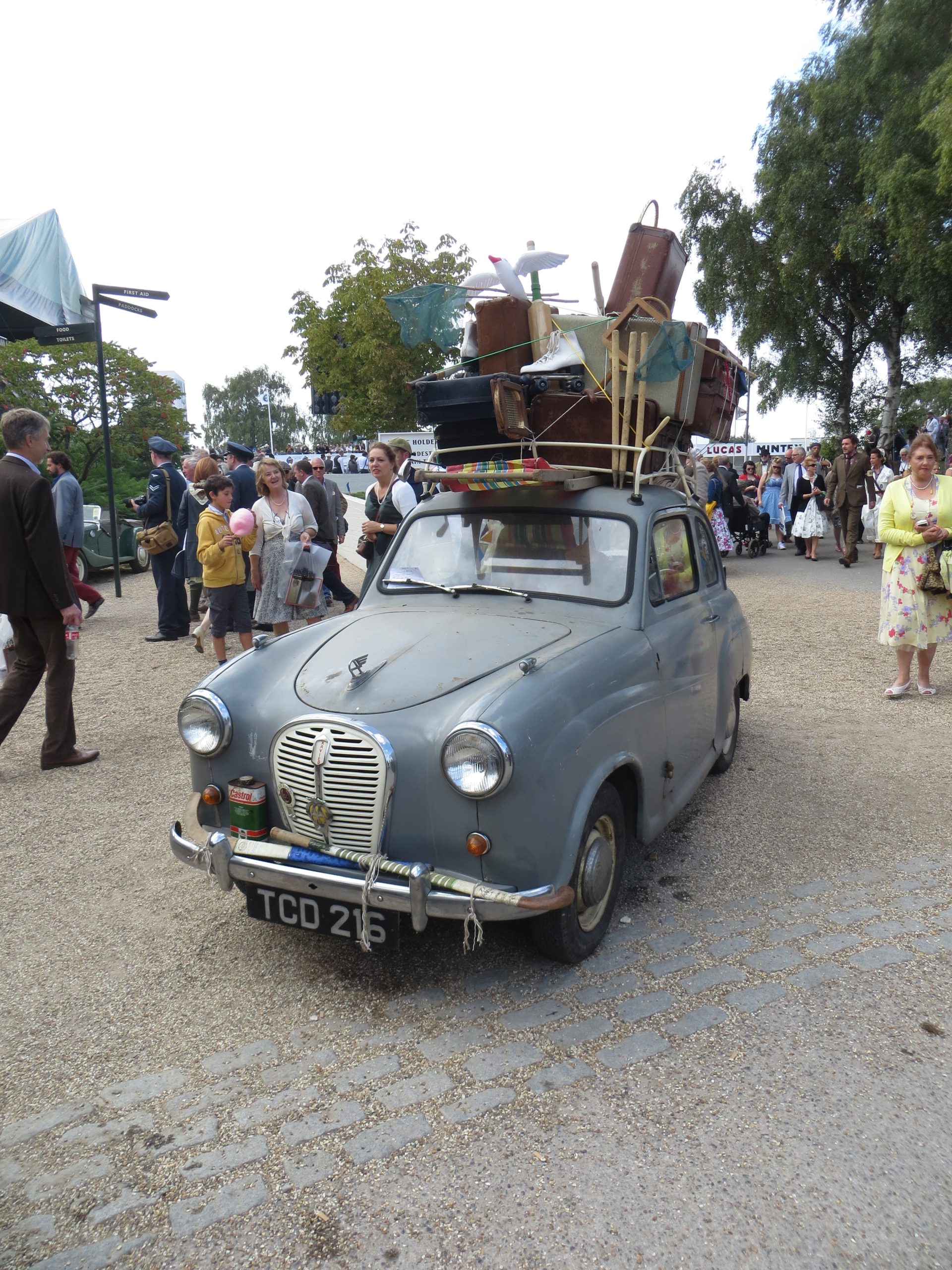


Recording the history of the Classic Car Movement: A proposal
By Anders Ditlev Clausager
The American anthropologist Kate Sullivan has researched the differing cultures among American and Scandinavian vehicle preservation movements and has published on the subject. Her paper at the European Conference for Automotive History in 2019 got me thinking. Why have we not had any similar study in Britain – a nation which can make as good a claim as any to have been the pioneer in fostering the preservation of historic vehicles?
The last fifty years have seen enormous growth, in the preservation and use of historic vehicles and of archive material, and in the research and writing up of automotive history. Next year, 2023, sees the fiftieth anniversary of Thoroughbred and Classic Cars magazine, which I consider was a focal point for channelling the growing interest in “classic cars” by which, in Britain at the time, we meant early post-World War Two cars in particular.
In the 1970s the idea of owning, restoring, preserving, and using a classic car became the popular and widespread hobby which it is today, and the large number of post-1945 cars originally made and then still in existence, compared to pre-1939 ditto, meant a democratisation of the movement: it was now about Morris Minors and MGBs, rather than Bugattis and Bentleys. Much of this was driven by nostalgia.
Many new classic car clubs were established during the 1970s, several new magazines were started up, and more books were published. The possession tax proposal of 1980 lead to the formation of the Classic Vehicle Clubs Committee, which eventually joined with the Historic Vehicle Clubs Committee to become the FBHVC. In 1984 the first really big show was held at the National Exhibition Centre. Several new museums opened; the Montagu Motor Museum at Beaulieu had become the National Motor Museum in 1972 and the seeds of today’s British Motor Museum were sown at Donington in 1976.
So to sum up these scattered thoughts, bearing in mind that many enthusiasts who have been involved for a long time are still around, I believe that this is an opportune time to research a proper social history of the Classic Car Movement. From the surveys undertaken by the Federation we have for some years been well enough informed about the impact of the classic car sector in business terms, but what would be interesting is to compile the hitherto missing social side of our shared history.
I believe the best way to research and record this history properly, is as a rigorous academic study, undertaken for a doctoral degree. Anyone volunteering to undertake such a project, could be offered sponsorship, or a bursary, from within the Classic Car Movement, including the Federation, as well as the Michael Sedgwick Memorial Trust, and the Society of Automotive Historians, but equally businesses, even individuals, in the classic car world. May I appeal to any reader who work in or have connections to a university, to investigate the possibility of such a study being undertaken within their institution?
© Anders Ditlev Clausager 28 October 2022
Our illustrations show:
A baby Austin A35 (A30s have a gutter above the windscreen, here the side gutters go down the A pillar), a postwar "Classic" car, not a premium brand or offering. Goodwood Revival 2014
Kate Sullivan Delivers her lecture at The Hague
Classic Car - an issue that will be 50 next year